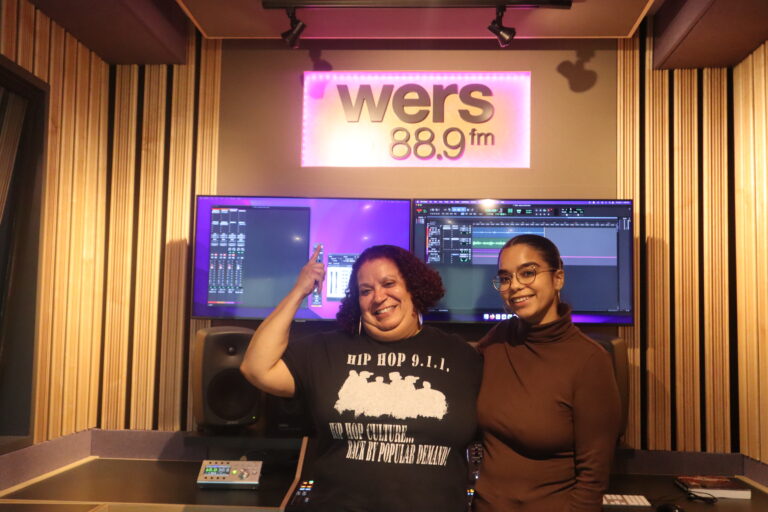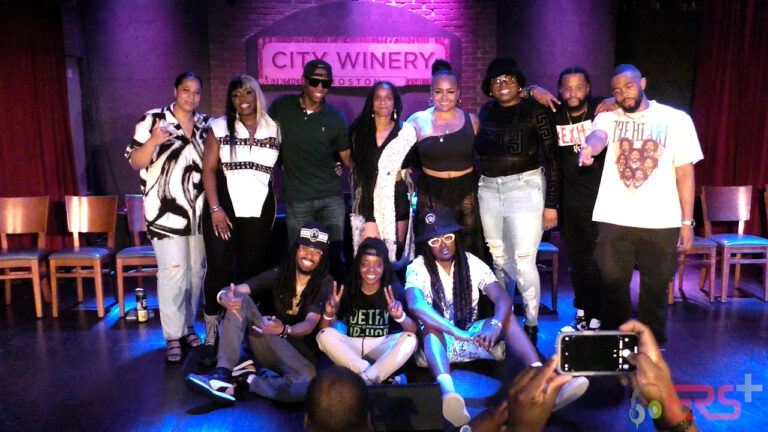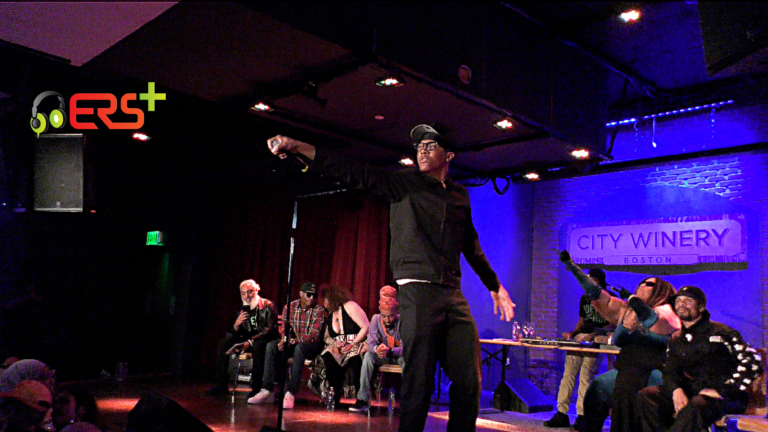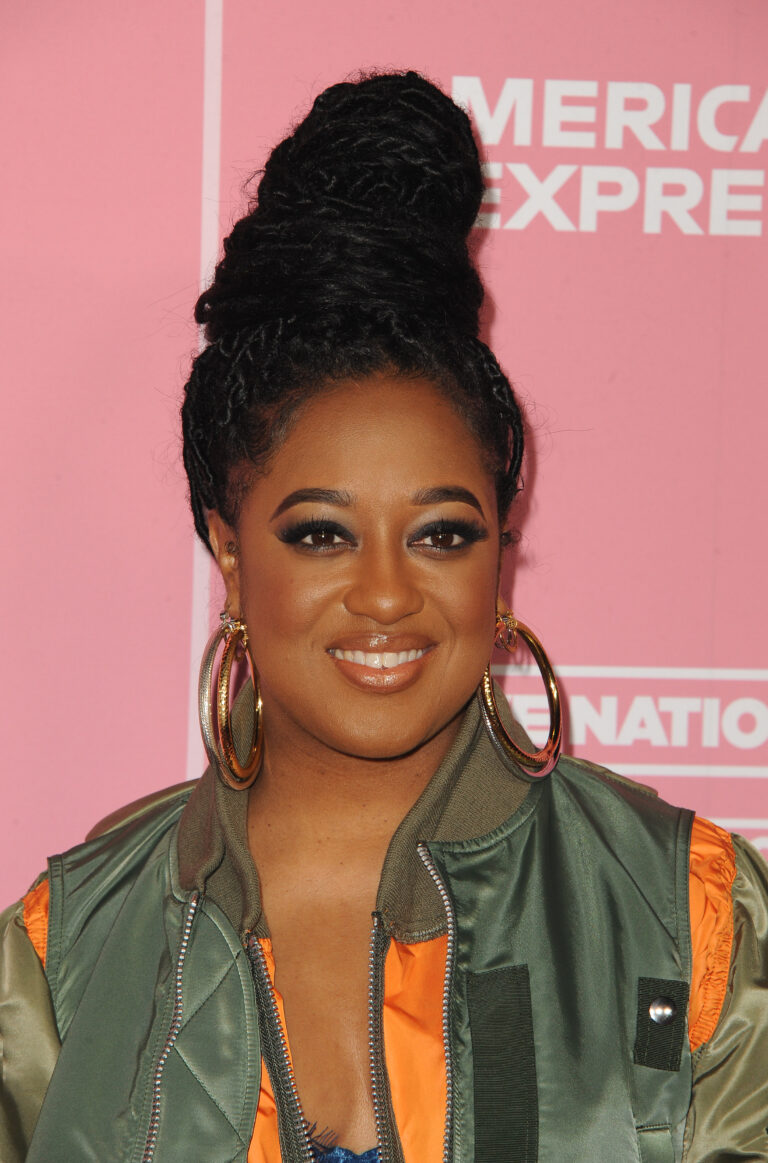


Studio 88-9’s DJ Mo Wilks interviews legendary Hip Hop king, Big Daddy Kane!
What’s good Boston DJ, Mo Wilks inside Studio 88-9 with a Hip-Hop pioneer who’s definitely got the juice, having fun doing my homework for this great artist. He’s a lyricist, lyricist, fast or slow, he’s definitely got the smooth flow. An icon, Hip Hop’s first sex symbol and fashionista. He’s going to be appearing tonight…

ERS+ peeps City Winery Boston’s Poetry Vs. Hip Hop Event, Part 2!
Mic Check 1,2,1,2… SLAM!!!! Bostonians have gathered at City Winery for a second time to witness Queen Sheba’s Poetry Vs Hip Hop event at City Winery Boston. This time Amanda Shea was a host, not a guest performer, always making Boston (specifically Roxbury, the berry but not the fruit y’all) look good. Like last time…

ERS+ peeps City Winery Boston’s Poetry Vs. Hip Hop Event!
written by Bryan Edouard aka Bishop Toussaint Check it, right? Bostonions from all over the city gathered at City Winery to watch local Hip-Hop performers and poets go face to face in a battle of wits. Through the doors of the wine venue was the Grammy nominated artist, Queen Sheba and her right-hand man Jamal…

Rapsody shares her ‘gratitude’ with ERS+ before performing at BAMSFest!
written by Bryan Edouard aka Bishop Toussaint During June’s Black Music Month, I had the honor of interviewing Marlanna Evans who’s known to the world as the three-time Grammy nominated Hip-Hop emcee, Rapsody. Rapsody is known for her lyrical bars, cadence, direct openness, and beyond. She’s been a professional rapper for over a decade and…

DJ “Where’s Nasty” chopped it up with Mo Wilks prior to droppin’ beats at BAMSFest!
written by Bryan Edouard aka Bishop Toussaint interview by DJ Mo Wilks Our second profile guest for June’s Black Music Month is a DJ performer and producer who will be showcasing his talents this summer at BAMSFEST, which happens for two fun days, Saturday and Sunday, June 29th and 30th. Jason Almeida goes by the DJ…

Berklee celebrates Hip Hop’s 50th and it’s Boston area roots
written by Kathia Dawson Plus DJ Mo Wilks photo curated by Bryan Edouard As the month of November closed, Berklee College of Music – an institution known for developing premier music talent – recognized music pioneers of the past locally and nationally. Hip-Hop fans from and around the Boston metropolitan area filled the seats at…

Hip Hop 50th Anniversary: Snoop Dogg, Icon
By Kathia Dawson, Urban Coordinator HIP HOP ICON The world of hip-hop changed when Calvin Cordozar Broadus Jr., better known as Snoop Dogg, entered the music industry. Over three decades, he’s become known for his distinctive style, laid-back flow and his ability to bridge generations with his music. On October 20th, 1971, a legend was born. EARLY…

Leading Ladies Of Hip Hop: Queen Latifah
Queen Latifah, is the embodiment of female Hip Hop. She carries herself with fearless energy and takes on the mic as if it were her destiny to do so. Queen Latifah is deservedly on a pedestal that most female rappers look up to, and her legacy continues to carry on.
